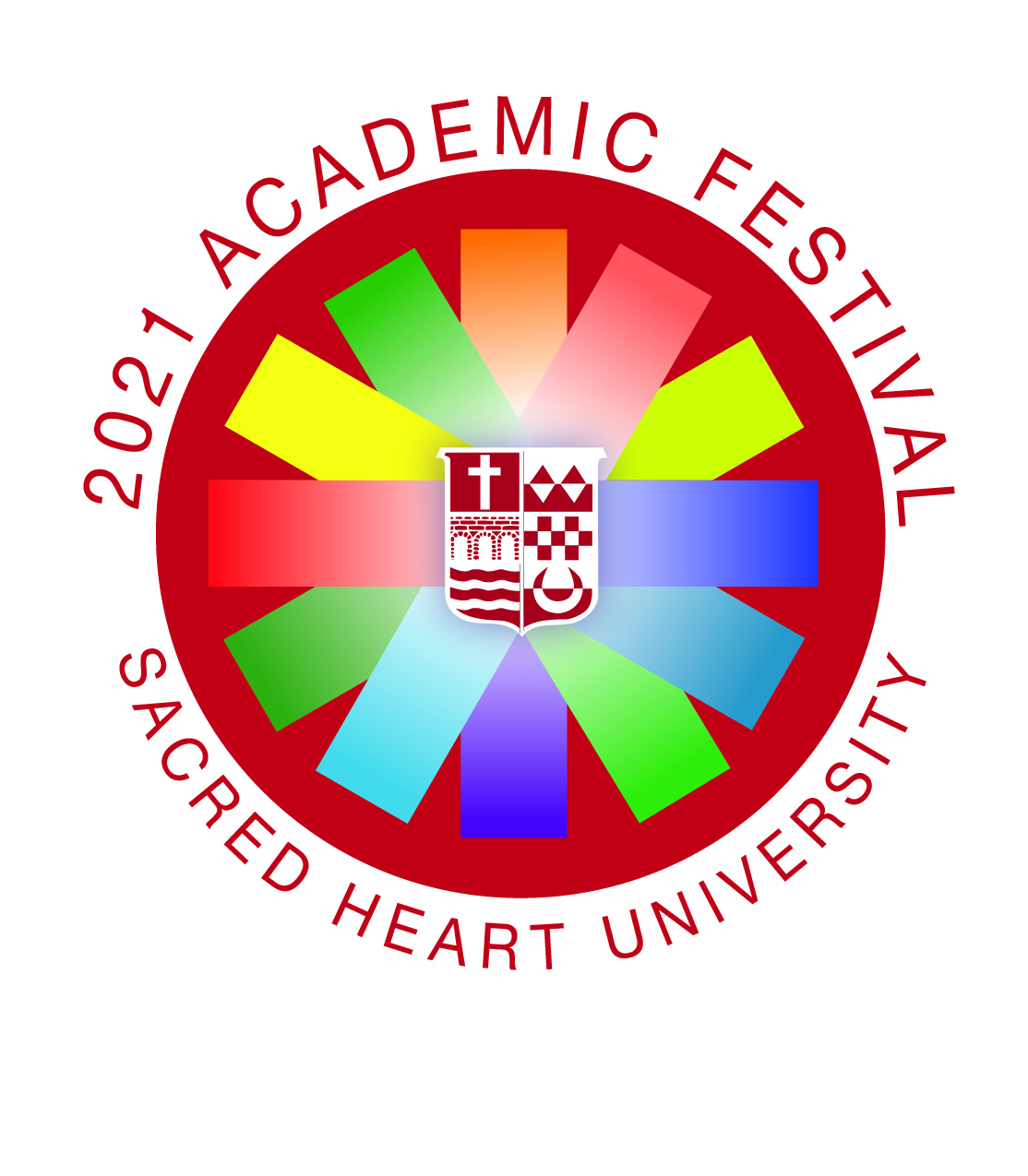Mentor/s
Professor Rober and Professor Loris
Participation Type
Paper Talk
Abstract
A human comes into the world at birth. It is a natural beginning that progresses to a natural end. Human beings, unlike other animals, have intelligence and insight about their life cycle process. The human experience is an emotional, thought-provoking existence that is dictated by a person’s autonomy: humans have the power of free will and self-governance. There is an ingrained power of choice that each person experiences in life, and it is their undeniable right. However, there are still variables that plague human existence. Random things happen to random people which humans have little control over. These things may impact how one strives to live a healthy quality life. Illness may strike a person, and while medicine has been progressing rapidly, there is still so much unknown about the human body and needed life-saving treatments. Diseases, such as cancers or other genetic mutations, can cause terminal illness. In such cases, a person may experience an immense amount of pain and their body and quality of life deteriorate while their health continues to digress. Today’s medical interventions applied to these particular cases may not be able to solve the condition, but can prolong the person’s life beyond the bounds of expectations. Human life has an absolute dignity associated with it. Therefore, it makes sense that medicine aims to preserve that dignity. Yet, as a terminal illness progresses and the body and mechanical parts can persevere function, the person can lose quality of life, and from that, potentially the essence of being human. There is a difference between living life and prolonging it. The human experience is meant to be a meaningful journey, where a person is an active participant. In cases of a terminal illness where a person suffers through an immense amount of pain, the patient should have the option of voluntary euthanasia. Physician-assisted suicide is a biologically ethical way to end a person’s pain and give them autonomous control at the end of their life.
College and Major available
College of Arts and Sciences, STEM
Location
Digital Commons
Start Day/Time
5-5-2021 1:00 PM
End Day/Time
5-5-2021 4:00 PM
Prize Categories
Best Multidisciplinary Research or Collaboration, Most Scholarly Impact or Potential, Most Meaningful
Presentation with slide notes
Voluntary Euthanasia for the Terminally Ill
Digital Commons
A human comes into the world at birth. It is a natural beginning that progresses to a natural end. Human beings, unlike other animals, have intelligence and insight about their life cycle process. The human experience is an emotional, thought-provoking existence that is dictated by a person’s autonomy: humans have the power of free will and self-governance. There is an ingrained power of choice that each person experiences in life, and it is their undeniable right. However, there are still variables that plague human existence. Random things happen to random people which humans have little control over. These things may impact how one strives to live a healthy quality life. Illness may strike a person, and while medicine has been progressing rapidly, there is still so much unknown about the human body and needed life-saving treatments. Diseases, such as cancers or other genetic mutations, can cause terminal illness. In such cases, a person may experience an immense amount of pain and their body and quality of life deteriorate while their health continues to digress. Today’s medical interventions applied to these particular cases may not be able to solve the condition, but can prolong the person’s life beyond the bounds of expectations. Human life has an absolute dignity associated with it. Therefore, it makes sense that medicine aims to preserve that dignity. Yet, as a terminal illness progresses and the body and mechanical parts can persevere function, the person can lose quality of life, and from that, potentially the essence of being human. There is a difference between living life and prolonging it. The human experience is meant to be a meaningful journey, where a person is an active participant. In cases of a terminal illness where a person suffers through an immense amount of pain, the patient should have the option of voluntary euthanasia. Physician-assisted suicide is a biologically ethical way to end a person’s pain and give them autonomous control at the end of their life.



Students' Information
Elizabeth Hamilton, Biochemistry, Honors program, 2022